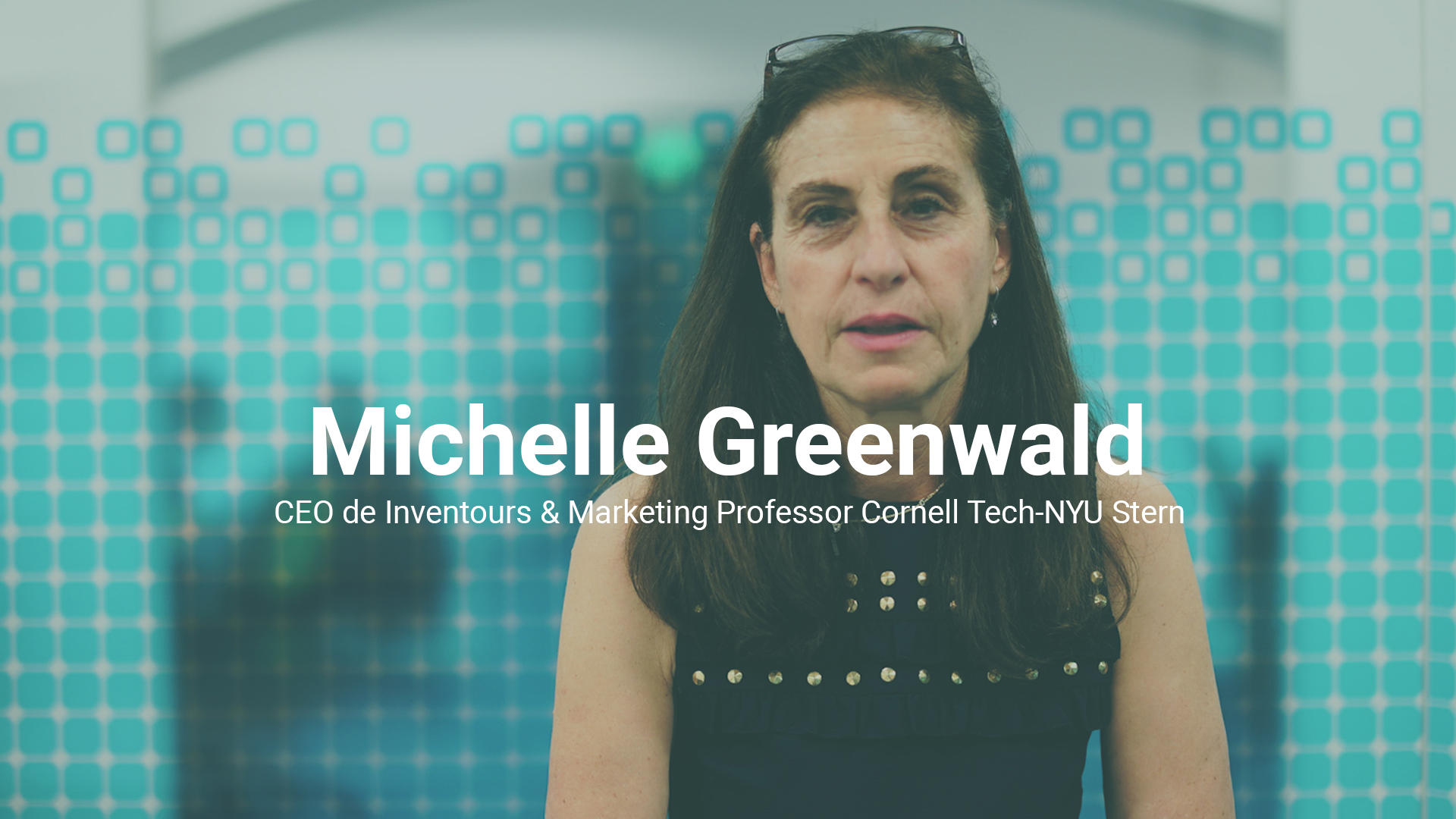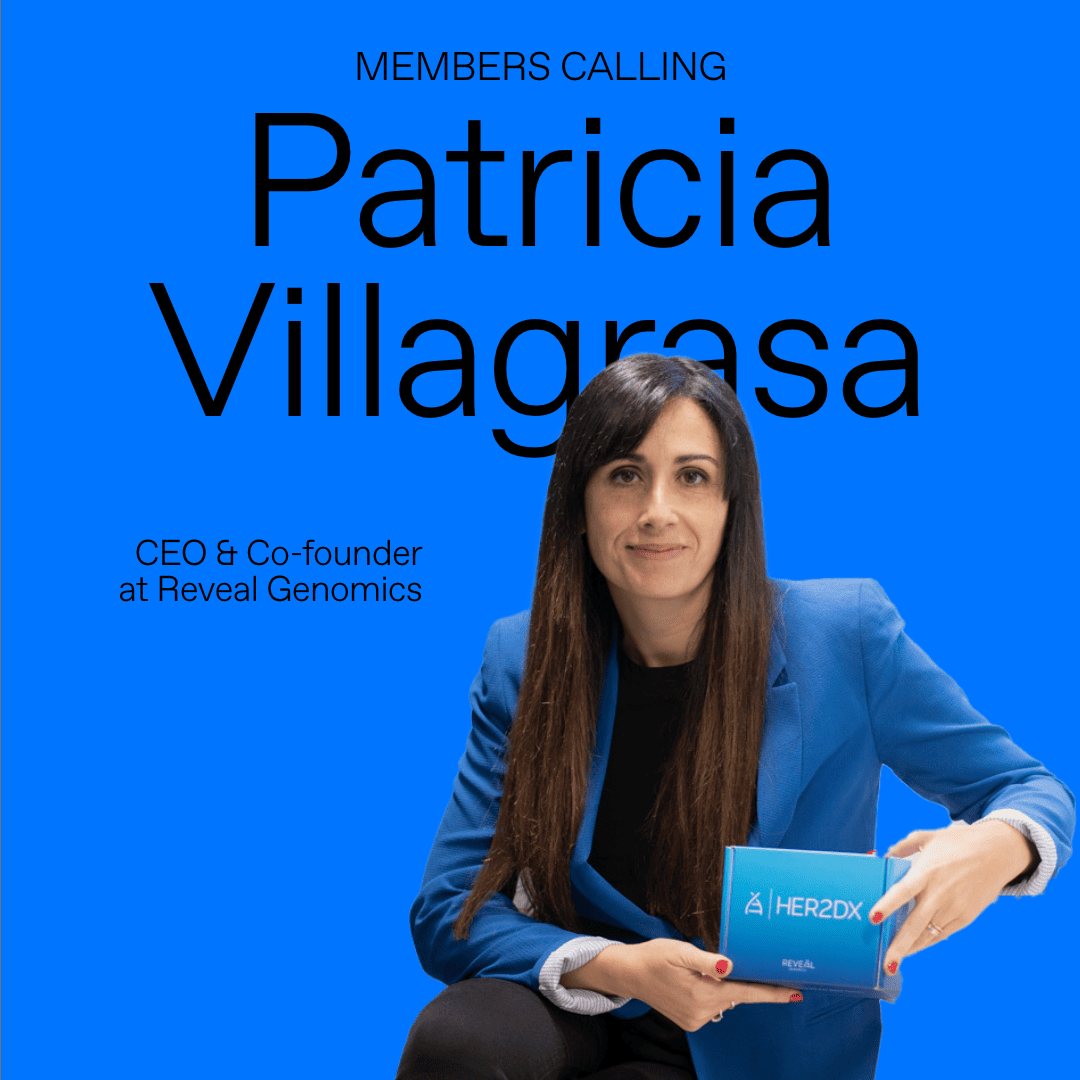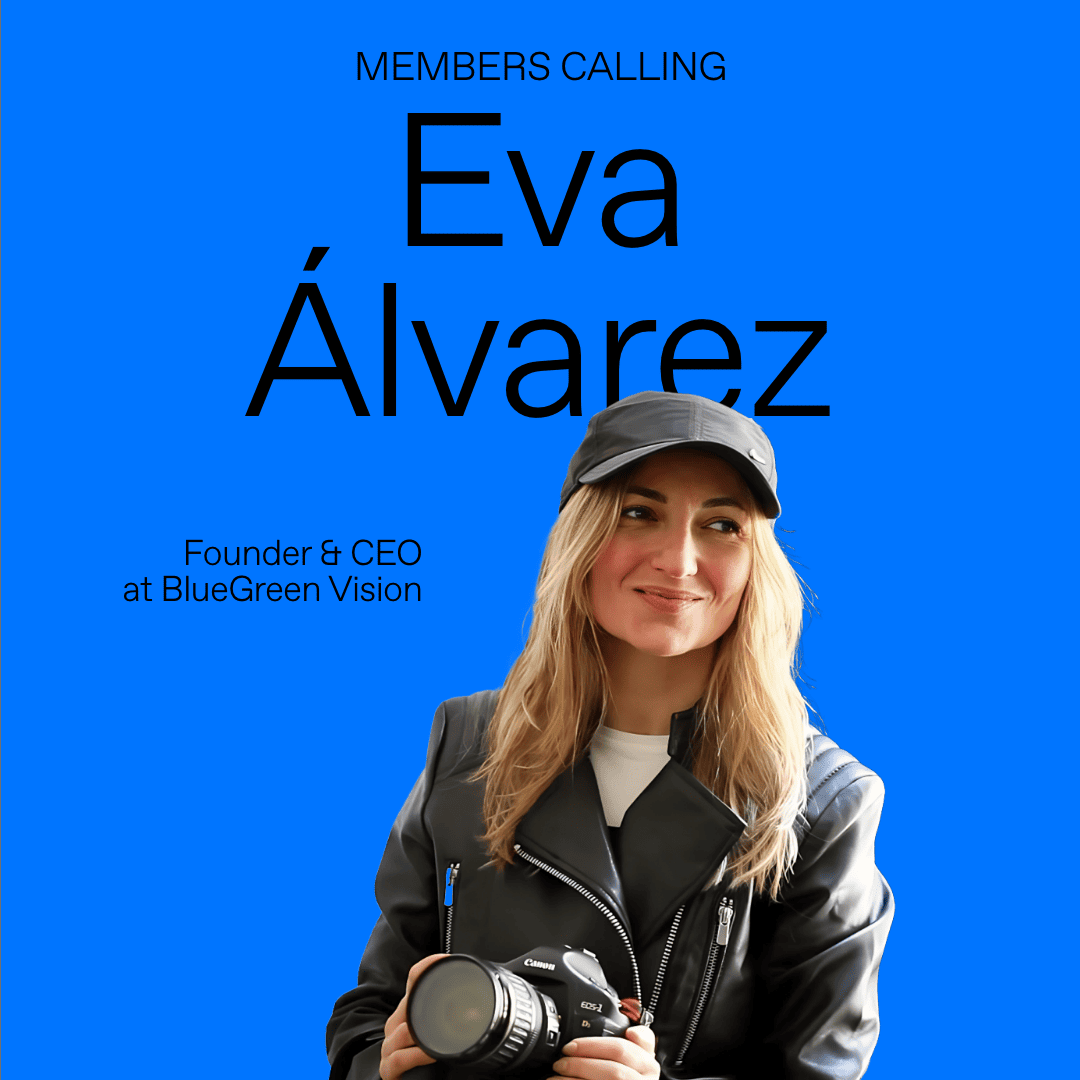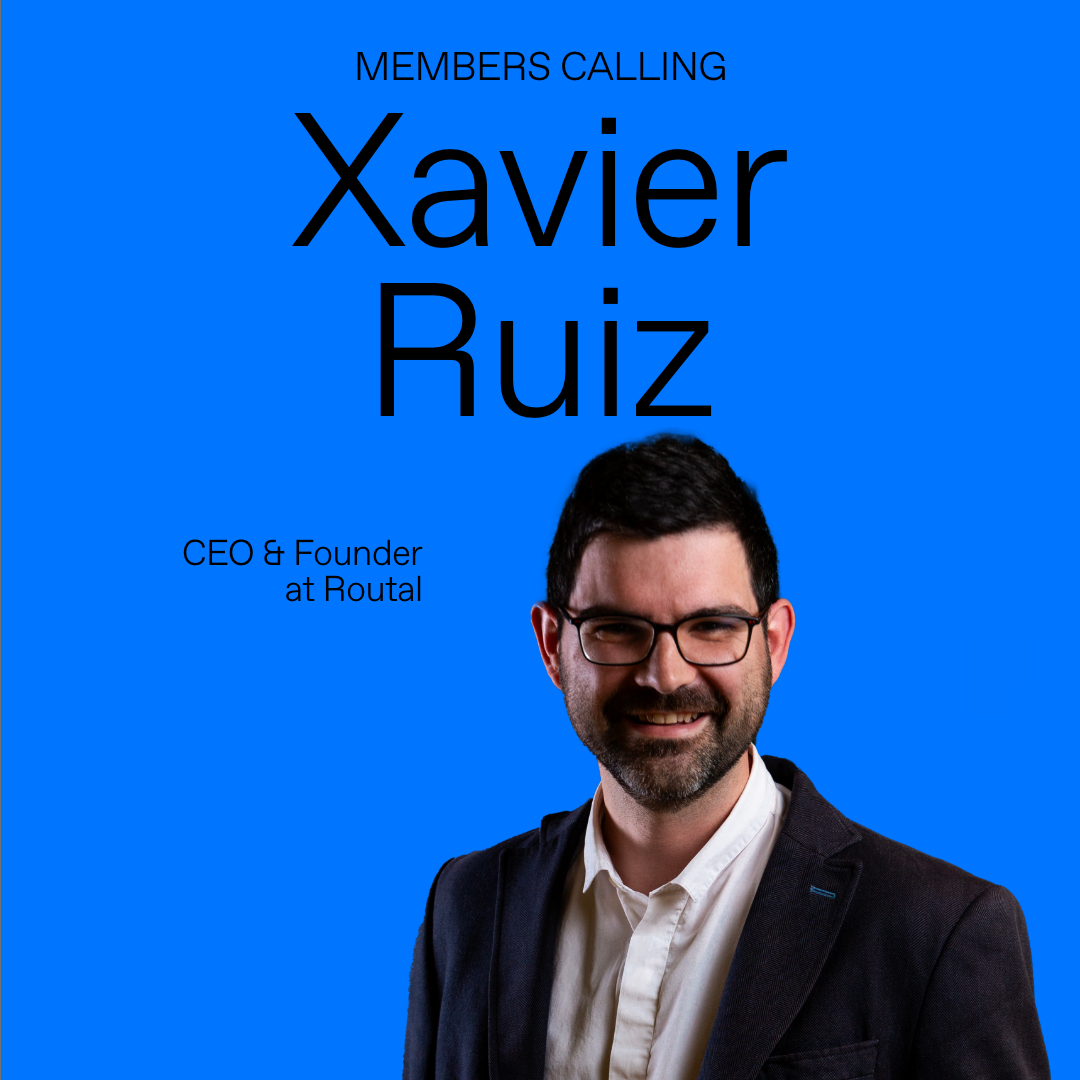Noticias
Michelle Greenwald: Innovation and creativity are part of the startup success

Michelle Greenwald is the CEO of Inventours. She is also director of the Cornell Tech digital marketing programme, and I write for Forbes about innovation in all areas and leads several business programs looking for creativity and innovation to improve productive practices.
DESCRIPTION OF THE ORGANIZATION
Inventours is an innovation hub; there are many different components to it. She writes for Forbes about innovation and it’s all different types of innovation: technology, architecture, product design, marketing innovation. And then also wrote a book on innovation called Catalyzing Innovation, which helps companies innovate in more different ways.
Companies very often get stuck in the way they innovate and they do the same things over and over again, and, based on the inspiration I had for Ferran Adrià, Michelle came up with 63 different ways that companies can innovate. “They can innovate in business model, process, materials, colour, shape, many different ways. So, I provide a systematic way that they can think more broadly about how they can innovate”. Additionally, she does workshops and consulting for companies. With Inventours, they bring executors from around the world to meet with very creative people in different industries to cross-pollinate ideas. “We’ve brought several groups to Barcelona Tech City because I think it’s such an inspiring place”.
FROM YOUR PROFESSIONAL CARRER, ¿WHICH LEARNINGS DO YOU LIKE TO SHARE?
Three fundamental aspects: the first one is that cross-functional teams are really important. That engineering and R&D, and sales and marketing should all be involved in new product ideas from the beginning, because in that way you can avoid big problems later on – everybody really can contribute.
The second one is providing lots of stimuli so you can bring ideas from one sector to another, It’s very important. If people just stay in their country and their industry and never get out and look around them, they’re going to be much more limited in their ideas.
The third learning is “fail early, fail fast”, and more and more companies are setting up lots of little experiments along the way, testing their ideas, learning from small failures, so that when the big idea gets to market, you don’t have a huge failure. So those are the lessons.
“One other lesson is that I think a lot of startups are so focused on getting VC capital and perfecting the idea that they don’t figure out how to communicate it to consumers and how to maximize trial and awareness. How you describe your idea and communicate it, and sell it, can make all the difference. – that can make a good idea really fly”, remarks Greenwald.

¿WHAT PROFESSIONAL CHALLENGES DO YOU FACE THE NEXT YEARS?
There’s a challenge for startups, they need to be coached, they need to be guided, to be thinking about all aspects of business planning. They, again, they need to figure on legal issues, distribution issues, marketing issues, communication issues… It’s important that they get support to think about the full business plan and not just the product development, and not just raising money.
Regarding innovation going forward, it’s so difficult to be unique and different. So many apps are being developed right now. There are two million apps in the Apple app store, the average consumer uses ten apps on a regular basis, and a lot of startups have a business plan where they’re going to have an exit strategy and they’re going to be bought out at exit, but are they really creating a viable business that can change with the times? “A big problem – it’s good and bad – is that technology is moving so quickly that it’s easy to become obsolete”, Michelle says. And how do businesses scale fast, stay ahead of the curve, constantly innovate? You just can’t stand still anymore, it’s an exciting world, but it’s a very difficult world.


